Description
Abstract
This project looks at The role of the library in adult educational programme. The research topic as carried out by the researcher is tailored to achieve the broad objective of knowing the extent that the Imo state library board has been extending its educational roles to the adult literacy programme in Imo state. The researcher randomly picked the population of study as studying the entire population would have posed some problems. The sample chosen was 25. In realizing this, data had to be collected, and the instrument used in collecting this data included interviews and questionnaires, administered on the sampled population and the director of the Imo state library board. Suggestions were also made to help the library contribute to the adult education programme.


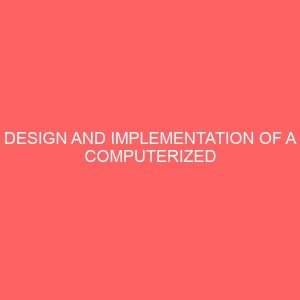

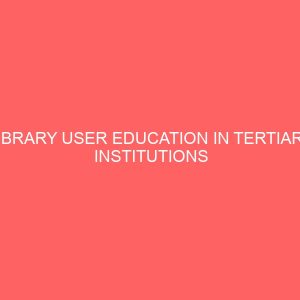
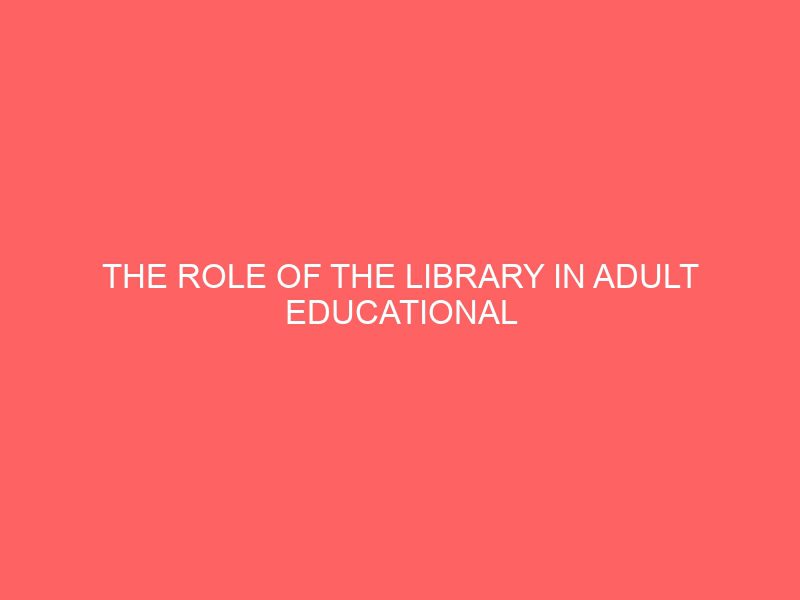
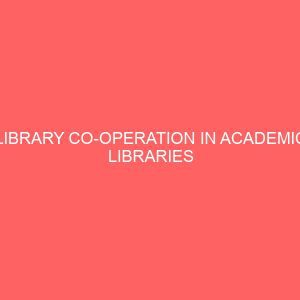
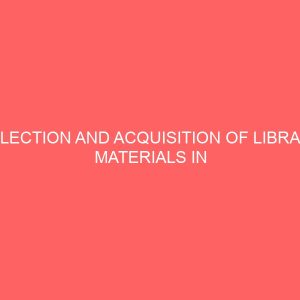
Reviews
There are no reviews yet.